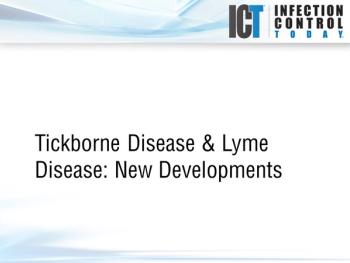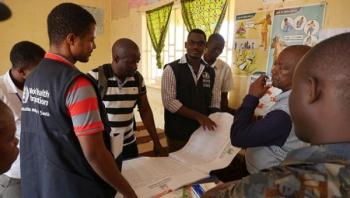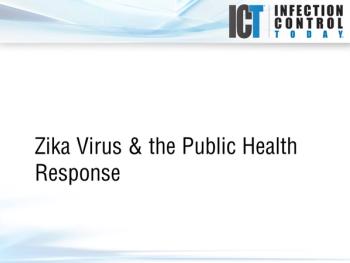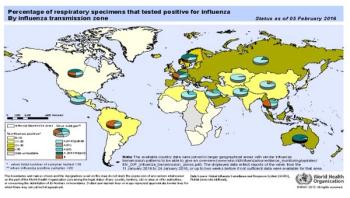
News









As the emergency phase of the response to the Ebola outbreak winds down in Guinea, Liberia and Sierra Leone, the three countries face an equally urgent and formidable task: building health systems capable of preventing, detecting and responding to outbreaks.




Simple physics may play a larger role than previously thought in helping control key bodily processes – such as how the body fights infection.Using a model blood vessel system built on a polymer microchip, researchers have shown that the relative softness of white blood cells determines whether they remain in a dormant state along vessel walls or enter blood circulation to fight infection. Changes in these cell mechanical properties – from stiff to soft – can be triggered as a side effect of drugs commonly used to fight inflammation or boost blood pressure.

Here's some incentive to cover your mouth the next time you sneeze: New high-speed videos captured by MIT researchers show that as a person sneezes, they launch a sheet of fluid that balloons, then breaks apart in long filaments that destabilize, and finally disperses as a spray of droplets, similar to paint that is flung through the air.


The risk of babies born with microcephaly has raised understandable concerns among women including those who are pregnant or planning to become pregnant. There are many unknowns regarding the possible causes of microcephaly. Until scientists and public health officials have more answers, there are ways that women can protect themselves from Zika infection. The World Health Organization (WHO) presents a Q&A about women and Zika virus.


Alcohol itself can directly damage liver cells. Now researchers at University of California, San Diego School of Medicine report evidence that alcohol is also harmful to the liver for a second reason - it allows gut bacteria to migrate to the liver, promoting alcohol-induced liver disease. The study, conducted in mice and in laboratory samples, is published February 10 in Cell Host & Microbe.










